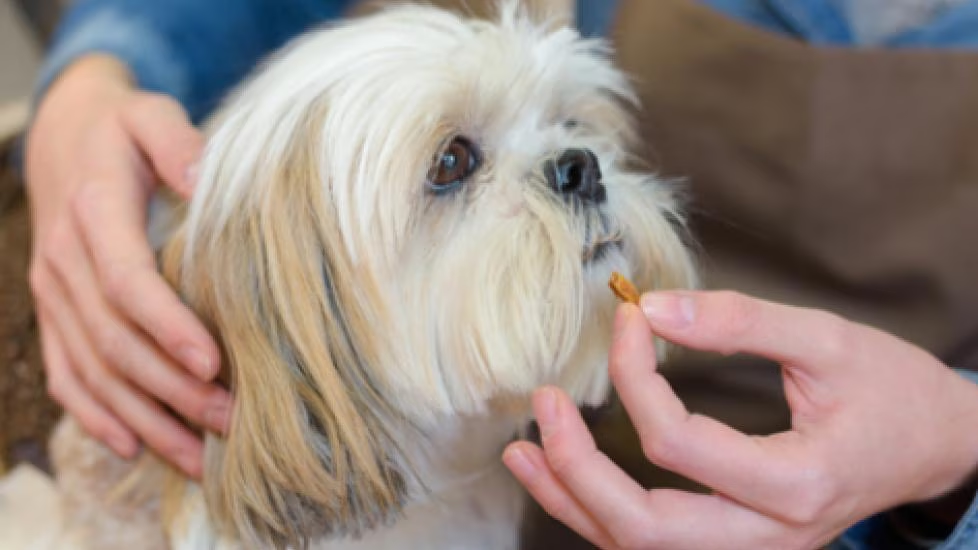Cancer treatment for pets can be a deeply emotional and challenging experience for any pet owner. To provide the best care for your furry companion, it’s essential to navigate the process carefully and avoid common mistakes that could impact their health or recovery. Below, we’ll discuss five critical missteps to steer clear of during your pet’s cancer journey.
1. Don’t Disregard the Veterinarian’s Advice
Your pet’s oncologist or veterinarian is the best resource when it comes to navigating their cancer treatment. It can be tempting to try alternative treatments or therapies that you read about online or hear about from friends. While some of these may have potential benefits, it’s important to discuss them with your veterinarian first.
Failing to follow the prescribed treatment plan or making unapproved changes can result in negative side effects, treatment inefficacy, or even complications. Always ask questions and communicate openly with your pet’s medical team to ensure you’re making informed decisions.
2. Don’t Skip Follow-Up Appointments
Cancer treatment for pets often involves regular check-ups, blood tests, and imaging to monitor the progress of the treatment. Missing follow-up appointments or ignoring the need for additional tests can impede the veterinarian’s ability to assess how well the treatment is working. These appointments are crucial for detecting potential complications early on and adjusting the treatment plan if necessary.
Even if your pet seems to be doing well, don’t skip these appointments. Timely check-ups are essential for optimizing the chances of remission and ensuring your pet stays as comfortable as possible throughout the treatment process.
3. Don’t Give Your Pet Over-the-Counter Medications Without Veterinary Approval
Some over-the-counter (OTC) medications or supplements that humans take may seem like harmless options to help your pet. However, many human medications are toxic to animals, and others can interact negatively with cancer treatment drugs, reducing their effectiveness.
For example, common pain relievers like ibuprofen or acetaminophen can be dangerous for dogs and cats. Always consult with your veterinarian before giving any new medications or supplements to your pet, even if they are labeled as “natural” or “safe” for pets.
4. Don’t Change Your Pet’s Diet Without Consultation
Nutrition plays a significant role in your pet’s overall health and ability to cope with cancer treatments, but dietary changes should be made with guidance from your veterinarian. Some pet owners may think that switching their pet to a “special” or “holistic” diet will improve their condition, but not all diets are suitable during cancer treatment.
In some cases, pets undergoing cancer treatment may require a specific diet to maintain their strength, support their immune system, or manage side effects like weight loss or nausea. Work with your vet to develop a proper nutrition plan that meets your pet’s unique needs.
5. Don’t Ignore Behavioral Changes or Signs of Discomfort
Cancer treatments, such as chemotherapy, can cause side effects like nausea, fatigue, and pain. However, these side effects may not always be immediately visible. It’s crucial to keep a close eye on your pet’s behavior and health throughout the treatment process. If your pet exhibits signs of pain, loss of appetite, vomiting, or lethargy, contact your veterinarian immediately.
Ignoring these signs or assuming they’re just part of the treatment process can cause your pet unnecessary discomfort and may delay necessary adjustments to their treatment plan. Addressing discomfort early on can improve your pet’s quality of life and make their cancer treatment more manageable.
Conclusion
Cancer treatment for pets can be a difficult journey, but the right approach can help your furry friend stay as healthy and comfortable as possible. By avoiding these five common pitfalls—disregarding veterinary advice, skipping appointments, giving unauthorized medications, changing diets without consultation, and ignoring signs of distress—you can play an active role in supporting your pet’s recovery. Always keep communication open with your veterinarian and be proactive in ensuring the best care for your beloved companion.

